Rock stars are said to live fast and die young, but most of them don’t
A few notables in music died at the age of 27 and it started trending, but it was always just a coincidence. Rock stars die at 69.
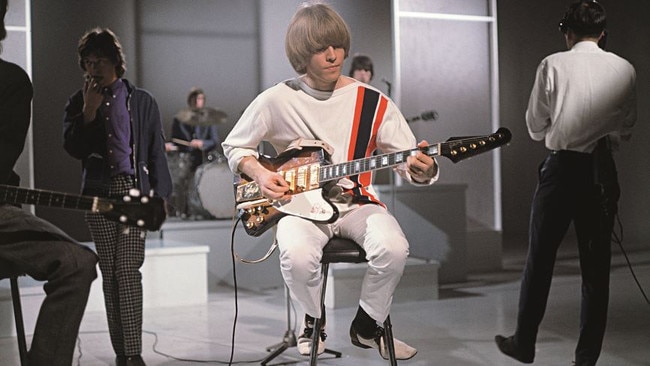
When the Rolling Stones announced the band would be playing a gig at London’s Hyde Park on July 3, informed fans thought the date significant. Might it be their last show? On that date in 1969 founding member Brian Jones – it was his band – was found dead in his swimming pool. There will be 50,000 at Hyde Park in July.
Two days after Jones’s death 53 years ago the Stones played a free concert there – it had been arranged a fortnight before to showcase their new guitarist, Mick Taylor, but it turned into a tribute for their lost mate and 500,000 turned up. “Mate” might be a stretch. Mick Jagger and Keith Richards had called on Jones a few weeks before to dismiss the dysfunctional drug addict from the band Jones created.
Jones was an acutely intelligent if troubled man from a musical family and a gifted multi-instrumentalist. George Harrison’s sitar added colour and spice to some Beatles songs – famously Norwegian Wood and Within You Without You – but otherwise the band played mostly standard instruments. Ever adventurous, Jones peppered the Stones’ mid-1960s landmark albums with the various instruments on which he was quite accomplished.
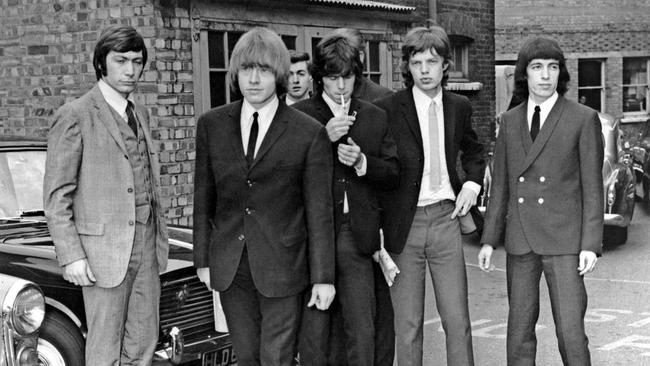
Before teaching Jagger how to play harmonica, Jones defined the Stones sound blowing a blues harp on their Buddy Holly cover Not Fade Away and leading the band with his slide guitar on Little Red Rooster. He played an organ on Let’s Spend the Night Together. Jones introduced the distinctive sitar and tamboura lines on Street Fighting Man, and an Appalachian dulcimer on Lady Jane, perhaps the first time that instrument had been seen on America’s Ed Sullivan Show.
Other leading musicians of the day were well aware the band was not all built around the prancing peacock out the front, and admired the often unhinged, out-of-it genius to his left.
Days after Jones’s death, Jim Morrison had printed a four-page poem of sorts – called Ode to LA While Thinking of Brian Jones, Deceased – which was given out to fans at two concerts by the Doors at Hollywood’s Aquarius Theatre. Performing on television that week, Jimi Hendrix dedicated a song to the sacked Stone.
Jones was 27. Hendrix died the following year aged 27, as did Janis Joplin. Canned Heat’s Al Wilson, who sang the band’s hits Going Up the Country and On the Road – had died a few days before, also aged 27. And then Morrison, at the same age, died on the second anniversary of Jones’s death – July 3, 1971.
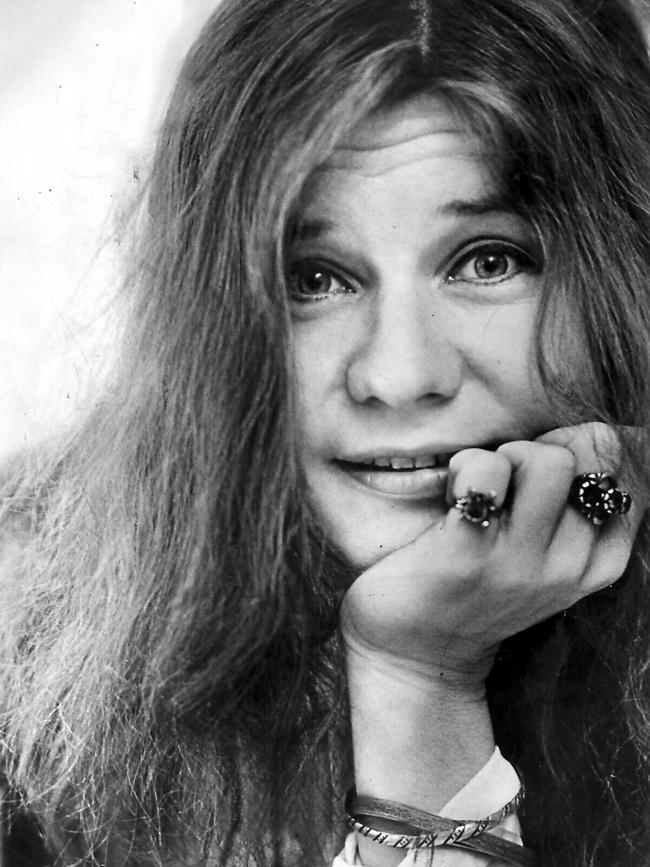
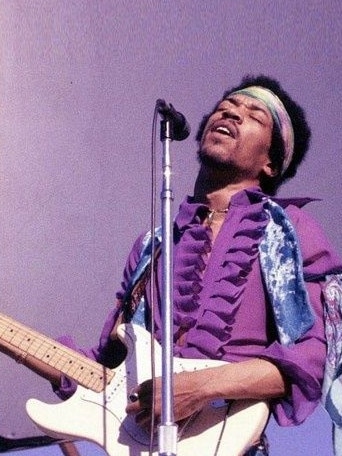
The so-called 27 Club was born. And it admits members to this day. These have included Pete Ham (who co-wrote with Badfinger bandmate Tom Evans the worldwide hit Without You, but took his own life in 1975 amid financial problems – as did Evans eight years on); Ron “Pigpen” McKernan (keyboards, the Grateful Dead); Dave Alexander (bass, the Stooges); Kurt Cobain (Nirvana); Kristen Pfaff (bass player in Hole, the band led by Cobain’s wife, Courtney Love – Pfaff died weeks after Cobain, whose funeral she had attended); and Amy Winehouse.
Seems they may have been adhering to the creed distilled in the line written by the Who’s Pete Townshend and sung by Roger Daltrey in 1965’s My Generation: “Hope I die before I get old.” But Townsend didn’t mean it. He turns 77 this month. Daltrey turned 78 last month.
The fact is that most famous musicians get old and die like the rest of us. And 27 has never been their cut-off date. It’s 69.
Few people noticed the trend that began three days after Morrison died in Paris, when the man who recast jazz through the first half of the 20th century, trumpeter Louis Armstrong, died in New York. The 69-year-old had such influence on music that in 1990 he was inducted into the Rock and Roll Hall of Fame.
Fifteen years earlier, the world’s most famous drummer, grumpy Buddy Rich, had recorded an album with Armstrong and Ella Fitzgerald, the only time these jazz giants came together. Rich remained wedded to the big band formula for decades after that era passed. Moments before he died, aged 69, a nurse asked Rich if he was allergic to anything: “Yes, country and western music.”
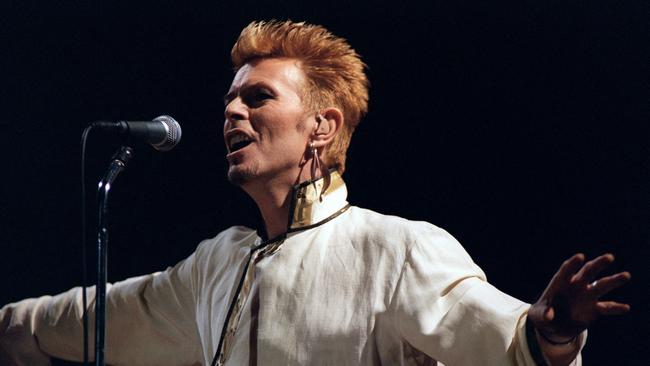
Gregg Allman founded the Allman Brothers Band with brother Duane and drummer Butch Trucks. Brilliant slide guitarist Duane Allman recorded Layla with Eric Clapton shortly before being killed in a motorbike accident aged 24. But Gregg Allman and Trucks lived on until 2017, when they both died weeks apart, aged 69.
But by then the 69 Club was well established and included David Bowie; Larry Knechtel (Bread, and a star of the famed Wrecking Crew, whose graceful piano chords adorn Bridge Over Troubled Water); Greg Lake (guitar, Emerson, Lake and Palmer); Clarence Clemons (sax, Bruce Springsteen’s E Street Band); Delaney Bramlett (Delaney and Bonnie); Freddie Garrity (Freddie and the Dreamers); Ian McLagan (keyboards, whose intros to the Small Faces hits Lazy Sunday and Tin Soldier are among the most distinctive in rock); Albert King (a member of both the blues and rock halls of fame); Captain Beefheart (Don Van Vliet, oddball mate of Frank Zappa who claimed not to have slept between 1964 and 1967 “In case I missed something”); Peter Skellern (singer, You’re a Lady); James Gurley (Joplin’s guitarist); Sylvain Sylvain (Egyptian-born guitarist, New York Dolls); Bonnie Pointer (Pointer Sisters); Dave Holland (Judas Priest); Lennie Baker (Danny and the Juniors and, later, Sha Na Na – which in turn apparently inspired East Timor leader Jose “Xanana” Gusmao’s nickname); Danny McCulloch (bass player, Eric Burdon and the Animals); Skip Battin (bass, the Byrds); Viola Wills (singer, Gonna Get Along Without You Now); and Bobby “Boris” Pickett (singer of Monster Mash, a Billboard No.1 hit in 1962 that often returns to the charts and will keep doing so until someone drives a stake through its heart).
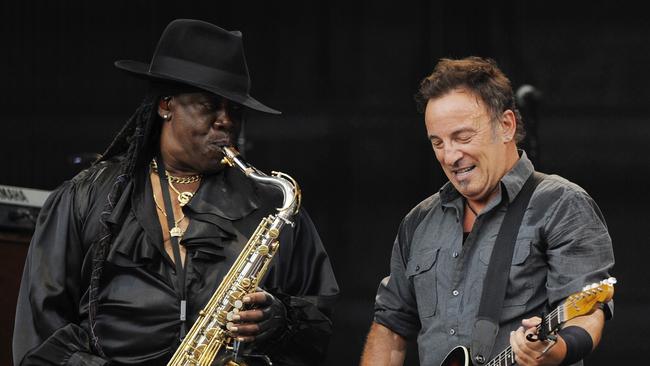
Of course, the whole rock ’n’ roll thing might not have happened but for 1930s blues pioneer Robert Johnson, whose narrow canon has influenced artists as diverse as Chuck Berry, Bob Dylan, Clapton and Robert Plant.
It was Johnson’s fictional encounter with the devil that is said to have allowed him mastery of the guitar that not long before he could barely play.
Not much of his life was recorded and his death certificate – he may have been poisoned by a jealous husband – was located only in 1968, but not his gravesite.
The document noted that Johnson had died near Greenwood, Mississippi on August 16, 1938. He was 27.




To join the conversation, please log in. Don't have an account? Register
Join the conversation, you are commenting as Logout